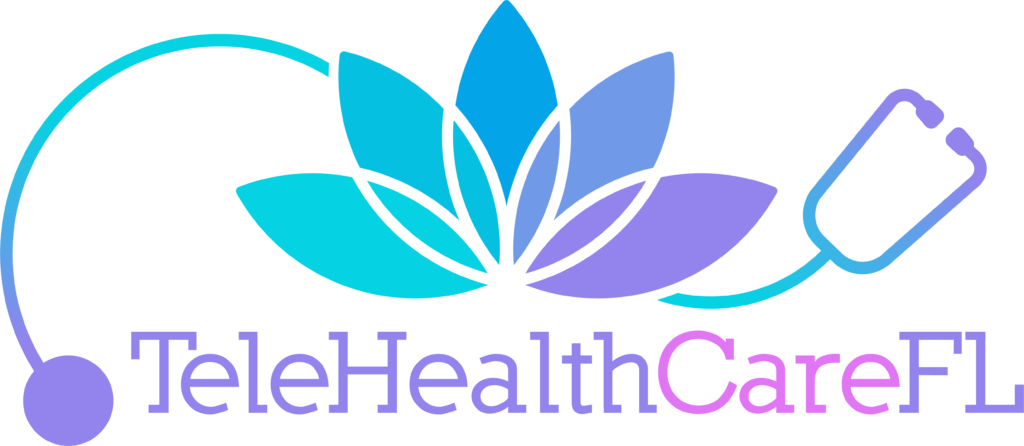Sore Throat
Most cases of sore throat or “acute pharyngitis” are viral in nature and are caused by respiratory viruses. The common respiratory viruses include: Adenovirus, Coronaviruses, SARS-CoV-2, Enteroviruses, Influenza viruses and Rhinovirus. Viral pharyngitis often resolves with supportive care in just a few days.
What is Supportive Care?
Non-steroidal anti-inflammatory drugs aka NSAIDs are great for a sore throat, such as Motrin or Ibuprofen 600 mg every 12 hours as needed for a couple of days.
A natural remedy for a sore throat is warm tea with honey or honey lozenges. Chloraseptic throat spray can also be helpful.
Viral versus Bacterial Pharyngitis
It can be difficult to differentiate a viral sore throat from a bacterial sore throat and infection.
Common Symptoms of a Viral Sore Throat:
- General cold symptoms preceding or along with the sore throat
- Runny nose
- Cough
- Congestion
- Conjunctivitis
- Hoarseness
- Oral ulcers
Common Symptoms of a Bacterial Sore Throat:
- Rapid onset, severe soreness
- Pain with swallowing
- The back of the throat may change from a medium pink shade to a bright red
- The throat tissue and tonsil may become swollen or enlarged
- White spots may develop in the throat or on the tonsils
- The glands in the neck may become swollen
- The mouth may develop a foul taste and obvious odor
- Fever
- Headache
- Fatigue or malaise
Streptococcus or Group A Strep infection is a common and familiar cause of a bacterial sore throat necessitating antibiotic treatment. Many other bacterias can also cause a sore throat.
Treatment for Bacterial Infection:
In the instance of Strep throat, the bacteria is actually neutralized after just one dose of proper antibiotic treatment.
Penicillin or Amoxicillin (the recommended first line therapy for Strep) will render an individual no longer contagious after just one dose. However, the total treatment course is 10 days in duration.
I ask patients to be mindful of the possibility of reinfection, and to discard their toothbrush after 48 hours of antibiotics therapy, or to place it in the dishwasher for a cycle on hot, and to color safe bleach their pillowcase as Strep is highly contagious.
If the sore throat does not improve within 72 hours of antibiotics or resolve completely after 7 days, an individual should follow up with their doctor for further evaluation and additional testing.
Severe Illness
In case of severe symptoms consistent with a more serious deep neck space infection, please present to the nearest ER.
These red flag symptoms include:
- Severe sore throat, usually one sided
- Neck pain and swelling
- Hoarseness or muffled voice
- Drooling
- Inability to swallow
- Shortness of breath and noisy breathing




